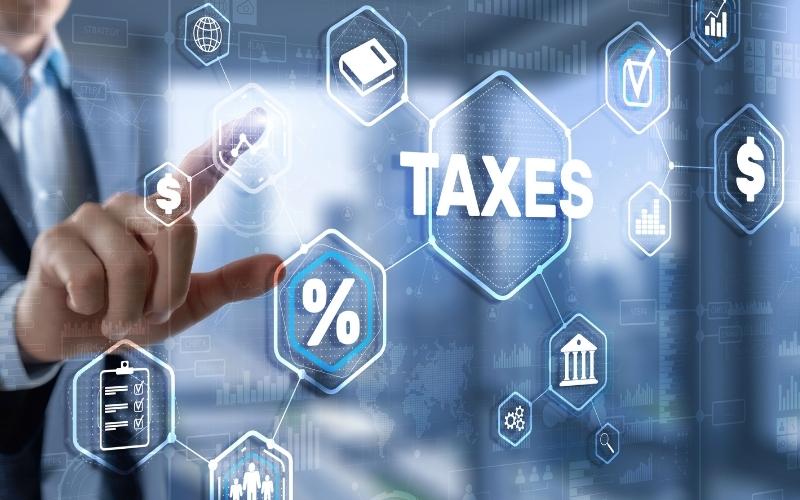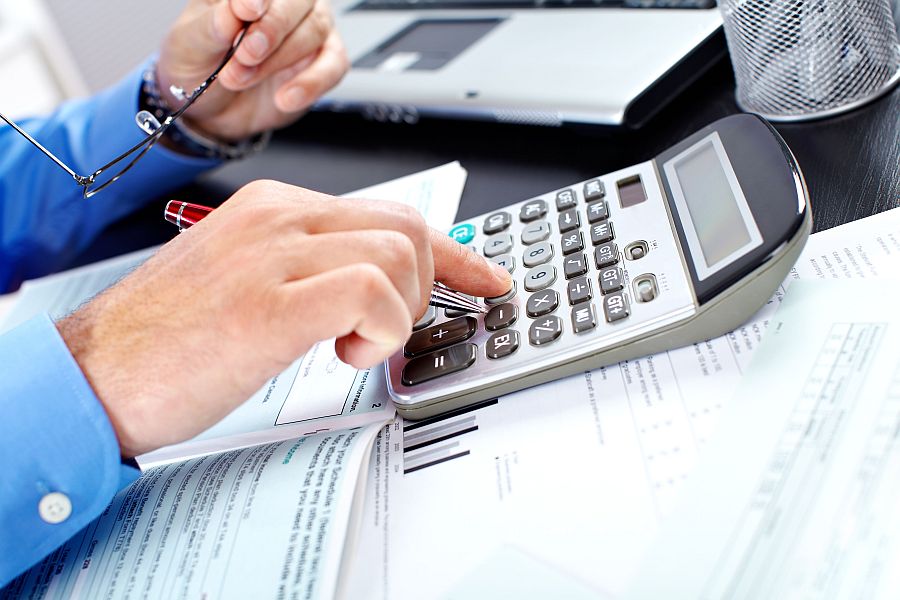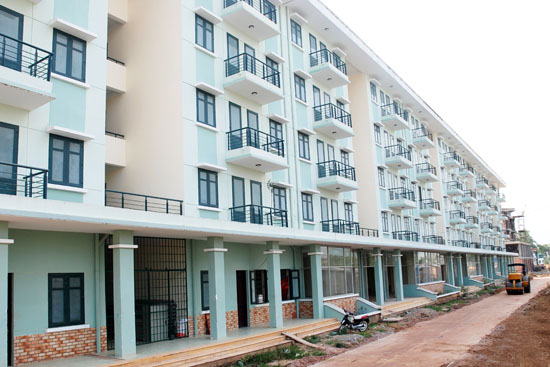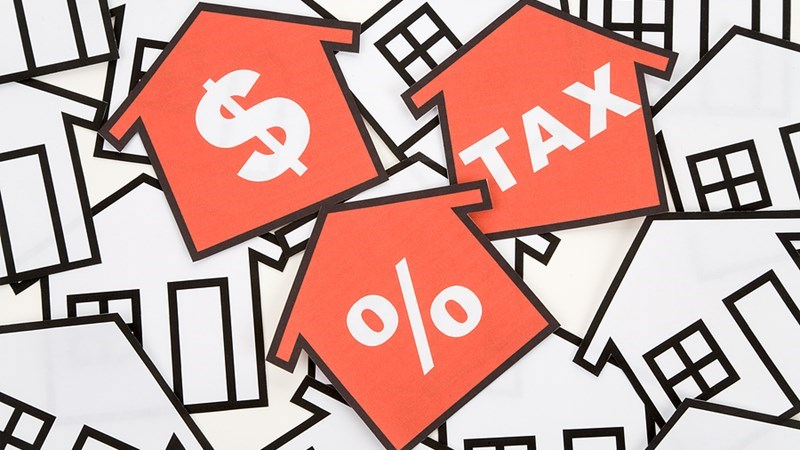What are the tax policies to be reformed until 2023 in Vietnam? - Ngoc Van (HCMC, Vietnam)

10 Tax policies to be reformed until 2023 in Vietnam (Internet image)
The Ministry of Finance of Vietnam issued Decision 2438/QD-BTC dated November 22, 2022 approving the Action Program to implement the Strategy for Tax System Reform to 2030.
According to Decision 2438/QD-BTC, 10 tax policies will be reformed by 2023.
1. Tax policies to be reformed until 2023 in Vietnam
Completing synchronously the tax policy system in line with the standards of a good tax system in accordance with international practices; at the same time, meet the resource requirements for implementing the 10-year socio-economic development strategy 2021-2030 and the financial strategy to 2030, including the following major taxes, fees and charges:
(1) Value added tax;
(2) Excise tax;
(3) Export tax and import tax;
(4) Corporate income tax;
(5) Personal income tax;
(6) Resource tax;
(7) Agricultural land use tax;
(8) Non-agricultural land use tax;
(9) Environmental protection tax;
(10) Other fees, charges, and revenues belonging to the state budget.
Regarding the scale of budget revenue from taxes and fees, ensure that the ratio of mobilization to the state budget from taxes and fees is maintained at a stable, reasonable level and is consistent with the 10-year socio-economic development strategy 2021–2030 and the five-year socio-economic development plan for 2021–2025 and 2026–2030. Specifically:
- Period 2021–2025:
The average rate of mobilization into the state budget is not less than 16% of GDP, of which the rate of mobilization from taxes and fees is about 13-14% of GDP;
The proportion of domestic revenue in total state budget revenue strives to reach about 85-86% by 2025.
In the first phase, focus on supporting businesses and people to overcome difficulties and restore production and business due to the negative impact of the COVID-19 epidemic.
- Period 2026–2030:
The average rate of mobilization into the state budget is about 16–17% of GDP, of which the rate of mobilization from taxes and fees is about 14–15% of GDP;
The proportion of domestic revenue in the total state budget revenue strives to reach about 86–87% by 2030.
2. Contents of tax policy reform until 2023 in Vietnam
Amending and supplementing taxes in order to perfect the tax policy system towards synchronization, unity, fairness, efficiency, and simplicity in line with the socialist-oriented market economy institution; promoting production and business development; and covering the revenues generated in the economy. Specifically:
2.1. V.A.T.
Expanding the tax base by reducing the group of goods and services not subject to value added tax and the group of goods and services subject to the 5% tax rate;
Basically applying one tax rate;
Researching to increase the value-added tax rate according to the roadmap;
Reviewing and adjusting the revenue threshold, applying the deduction method to suit reality;
Researching and uniformly applying the method of calculating tax as a percentage of revenue for taxpayers whose turnover is below the threshold or who are not eligible to apply the deduction method;
Completing regulations related to value-added tax on exported goods and services, ensuring that they reflect the true nature and international practices.
Research to amend and supplement regulations on tax deduction and value-added tax refund in the direction of simplicity, transparency, and synchronization with relevant laws.
2.2. Special consumption tax
Reviewing, researching, and amending subjects subject to excise tax to regulate consumption in accordance with the shift in consumption trends in society, as well as the orientation of the Party and State on protecting people's health and protecting the environment;
Formulating a roadmap to adjust tax increases for tobacco, beer, and alcohol products to limit production and consumption and fulfill international commitments;
Reviewing to adjust the excise tax rates on a number of items to suit socio-economic conditions in the next 10 years, 2021-2030;
The study applies a combination of a proportional tax rate and an absolute tax rate to a number of goods and services subject to excise tax.
2.3. Export tax, import tax
Continue to reduce the number of tax rates to simplify the import tariff and strive to reduce the number of import tax rates by 2025 from 32 at present to about 25 by 2025 and 20 by 2030.
studying, amending, and supplementing the export tax and import tax policies to promote exports, encourage the increase of domestic value, and limit the export of raw resources and minerals;
Having appropriate preferential policies to promote the development of spearhead industries, supporting industries, and priority fields, ensuring compliance with the country's socio-economic development orientations in each period and international commitments.
Studying and amending regulations on on-spot exports, on-spot imports, and regulations related to non-tariff zones; ensuring synchronization with relevant laws; and limiting commercial fraud and tax evasion.
2.4. Corporate income tax
Reviewing to amend or annul tax exemptions and reduction incentives that are no longer suitable with development requirements and international integration requirements;
Minimizing the integration of social policies with tax exemption and reduction policies, ensuring tax neutrality for stable application in the medium and long term;
Implementing corporate income tax incentives for small and micro enterprises and, at the same time, shifting the focus of foreign investment attraction policies from quantity to quality, encouraging the participation of all economic sectors in investment in key industries and trades and areas in need of investment encouragement.
Expanding the tax base in accordance with the country's socio-economic context and international practices; implementing standards of prevention and combating transfer pricing and the erosion of revenue sources according to international practices.
2.5. Personal income tax
Additional review of taxable objects; study, amend, and supplement in the direction of adjusting the amount and tax rates suitable to taxable income and the nature of each type of income; creating simple conditions in personal income tax finalization for both taxpayers and tax administration agencies, preventing acts of tax evasion and avoidance;
Studying, amending, and supplementing regulations on tax exemption and reduction in accordance with the country's socio-economic context in each period and international practices.
2.6. Resource tax
Researching and amending regulations on the taxable prices of natural resources and the output of taxable resources;
Modifying the tax framework, tax rates, and exemption and reduction of the natural resources tax in the direction of transparency and clarity will ensure that the resource tax policy continues to be an effective tool to contribute to the management and protection of natural resources and encourage economical and efficient use of resources, encourage deep processing, and raise the value of resources.
2.7. Taxes related to property
For property-related taxes (including agricultural land use tax and non-agricultural land use tax)
Continuing to implement the agricultural land use tax exemption until the end of 2025 to contribute to the implementation of the Party and State's guidelines and views on agricultural and rural development.
Summarizing and evaluate the overall implementation of the policy on non-agricultural land use tax and agricultural land use tax.
On that basis, complete research in the direction of increasing the regulation level for land and supplementing tax collection for houses in order to encourage effective use of houses and land, contribute to limiting house and land speculation, and mobilize reasonable and stable revenue sources for the state budget, in line with Vietnam's socio-economic conditions and international practices.
At the same time, develop tax policies that are simple, easy to understand, and clearly identify the subjects subject to property tax and the payable tax amount in sync with the provisions of the land law and relevant laws.
2.8. Environmental Protection tax
Studying and expanding the subjects subject to environmental protection tax for products and goods that cause environmental pollution; conducting research to adjust the environmental protection tax framework and rates to ensure that the environmental protection tax policy is an important economic tool that contributes to limiting the import, production, and use of goods that pollute the environment. school.
2.9. Fees and charges and other revenues belonging to the state budget
Reviewing and completing the legal system of fees and charges in the direction of effectively exploiting the revenue of fees and charges from properties, natural resources, and environmental protection;
Implementing the roadmap to increase the toll level in order to gradually calculate the full cost of the toll level; speeding up the transition from fees to implementing public service prices; encouraging the promotion of socialization of public service provision;
Strengthening the implementation of administrative procedure reform, providing online public services, continuing to improve the business environment, freeing up society's resources, and contributing to improving national competitiveness;
At the same time, ensure compliance with the policy of organization and rearrangement of state agencies and non-business units.
Reviewing and finalizing policies on other revenues belonging to the state budget to ensure conformity with reality and in sync with specialized laws.
2.10. Collection or tax on new business activities or forms
For revenues or taxes on new business activities and forms (digital economy, sharing economy, smart manufacturing, etc.).
- Reviewing and perfecting the tax-legal system for e-commerce activities.
- Researching and promulgating tax solutions for new business activities and forms in line with development realities, ensuring Vietnam's right to collect taxes and levy taxes in accordance with the socio-economic context in each period and in accordance with international practices.
- Developing guidelines on profit distribution for business activities on digital platforms of foreign organizations and individuals in Vietnam after the plan is approved by BEPS Forum members.
- Developing and submitting to the Government for approval a negotiation plan on the distribution of profits for business activities on the digital platform for countries/territories that do not have provisions specified in the Tax Agreement.
More details can be found in Decision 2438/QD-BTC takes effect from November 22, 2022.
Ngoc Nhi
- Key word:
- tax policies in Vietnam
 Article table of contents
Article table of contents






.Medium.png)
.Medium.png)
.Medium.png)
.Medium.png)
